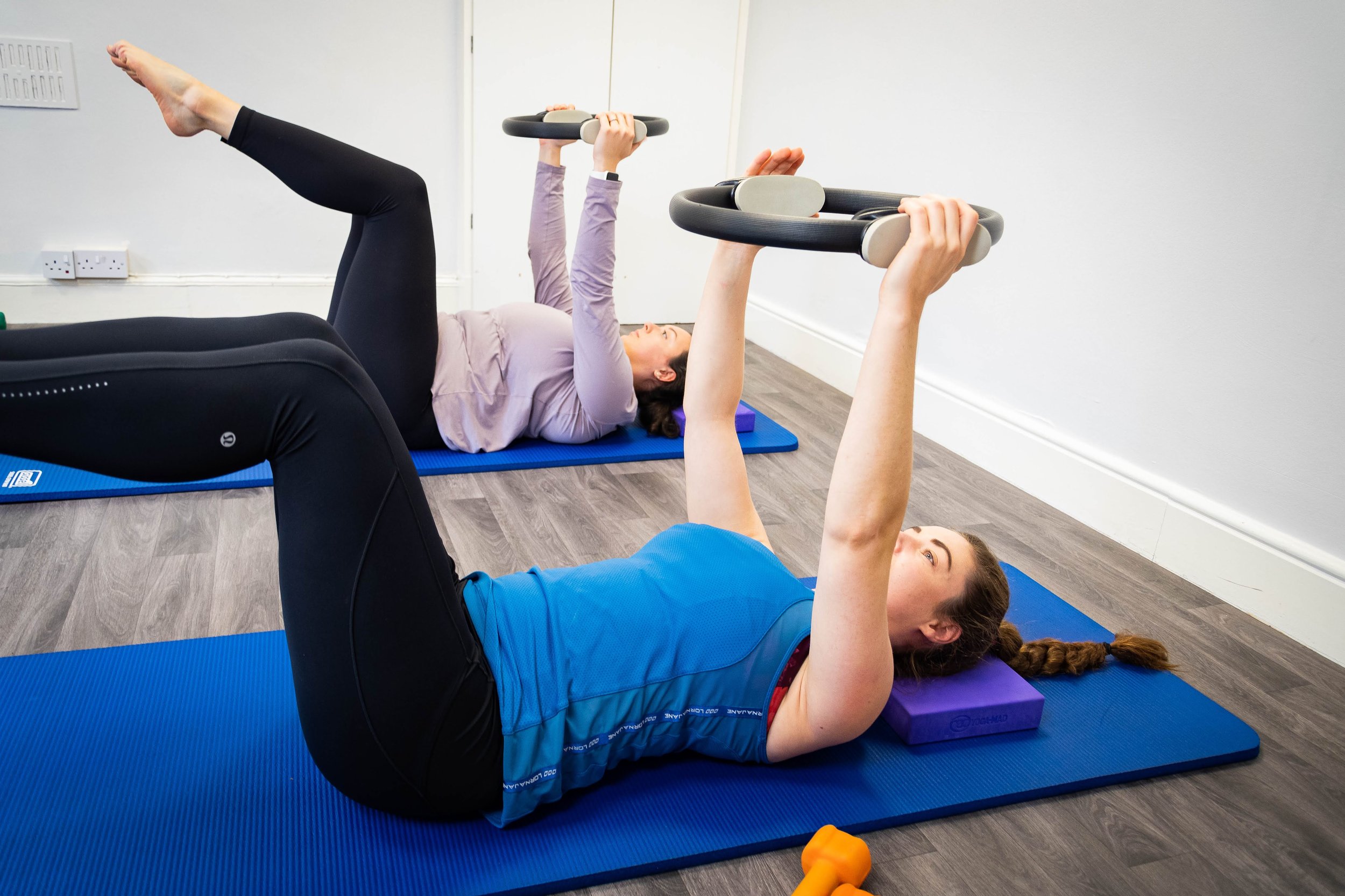Exercise and Cognition for Elderly
Many people are familiar with the effects of exercise on your muscles, but it can also help your brain! Exercise is one of the best non-pharmaceutical ways to promote cognitive brain function (Moraes Balbim et al., 2022). Roughly 12% of people in the USA report they feel their cognition has declined, and that number increases as people get older (CDC, 2019).
Exercise has a lot of great biological effects, but to summarise it increases blood flow to your brain to bring in healing and growth factors that help reduce inflammation, manage insulin, build new blood vessels, and repair and maintain brain cells. It also helps bring in the feel-good neurotransmitter called serotonin. Research articles show that there are positive changes in the brain in the parts that control thinking and memory especially (Mandolesi et al., 2018).
But, what does all this science mean in real life? It means that your mental and overall wellbeing may improve. Research has shown decreased anxiety, depression, muscle tension, and headaches as well as an increase in confidence, body image, self-control, emotional stability, and cognitive functioning (Mandolesi et al., 2018)
You can start to notice these things in the short term, but it can really take 6-12 months of consistent moderate aerobic activity to see changes in memory and other executive functions, neuroplasticity, and prevention/delay/treatment of cognitive decline (Harvard, 2021). It is important to stick with it!
In general, there is not one type of exercise that has been shown to make the biggest difference in cognitive function. In general, if it increases your heart rate it will help. Other activities like Tai Chi that involve focused movement, learning and memorizing of skills/movement patterns has been shown to improve planning, attention, problem solving and verbal reasoning (Harvard, 2021).
Here at Ballsbridge Physiotherapy, we utilize these principles in our Stronger for Longer and Pilates Classes. We complete circuit style and aerobic training to help increase your fitness and utilize tasks and movement that make you think and challenge your brain. If you have any questions or are interested in these classes, do not hesitate to reach out.
Note: it is always best to consult a healthcare provider before starting a new exercise program especially If you have any specific questions or concerns.
Resources and References
Harvard Medical School: Exercise can boost your memory and thinking skills (2021)
Effects of Physical Exercise on Cognitive Functioning and Wellbeing: Biological and Psychological Benefits (Mandolesi et al., 2018)
British Journal of Sports Medicine -- Effects of Exercise training on the cognitive function of older adults with different types of dementia: A systematic review and meta-analysis (Moraes Balbim et al., 2022)
CDC: Subjective Cognitive Decline — A Public Health Issue (2019)
Classes
Here at Ballsbridge physiotherapy, we provide Pilates and Stronger for Longer classes. Both led by Chartered Physiotherapists, Aileen, Emily, and Elizabeth.


